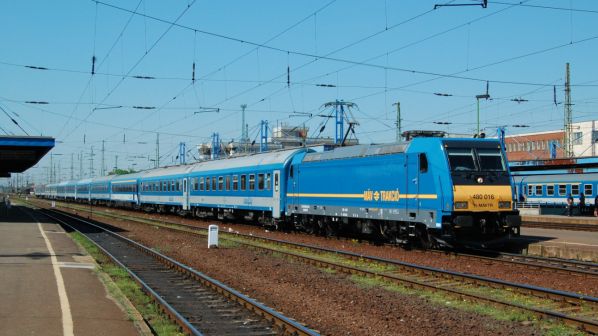The project will upgrade Hungary’s current national EVM analogue signalling and communications systems to meet European standards.
Work on the project began in November 2018 on 935km of line, carried out by a consortium of Kontron Transportation Hungary (previously Kapsch CarrierCom) and MVM Ovit, and was funded through the European Union. The total project is expected to cost Forints 9.64bn ($US 30.7m).
Phase 1 comprises installation of GSM-R between Budapest and Székesfehérvár, Hegyeshalom - Budapest - Szolnok - Püspökladány, Szolnok - Lökösháza, Győr - Celldömölk - Szombathely - Bajánsenye and Sopron - Szombathely - Szentgotthárd. The project includes the development of two parallel operating GSM-R centres in Budapest and Székesfehérvár, 150 base stations, a new dispatching centre and 210 terminals as well as 1100km of high-speed optic fibre cables to enhance linear communication.
The GSM-R system enables MÁV to fulfil ERTMS requirements along recently upgraded lines and will enable through operation of foreign locomotives using ETCS onboard equipment, thanks to roaming agreements with Germany, Austria, the Czech Republic, Romania, Slovakia and Slovenia.
Phase 1 will be in full operation from the second half of this year. The Forints 59bn contract for the planning and building of phase 2 was granted to Hungarian companies R-Kord and I-Cell Mobilsoft and is due for completion by March 2023 and will be funded by the European Union.

